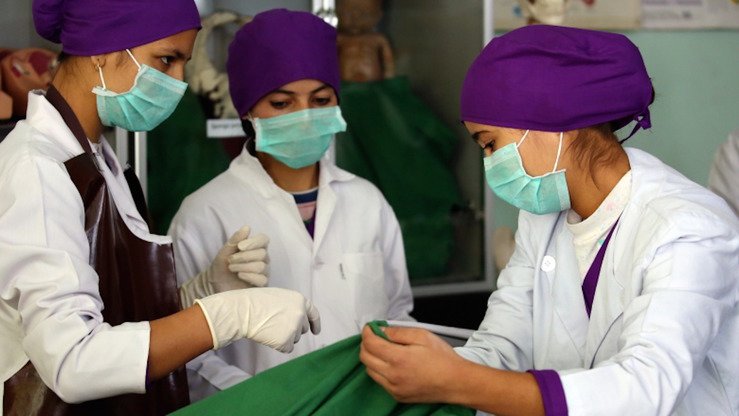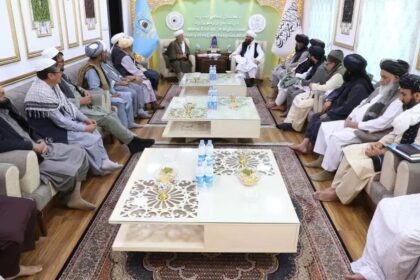RASC News Agency: The United Nations Population Fund (UNFPA) has sounded the alarm over Afghanistan’s urgent need for 18,000 skilled midwives, emphasizing that the current shortage, if not addressed, poses a severe risk to the lives of countless women. In its statement, the UNFPA warned that the scarcity of midwives in Afghanistan is deeply concerning, as it significantly endangers women’s health and complicates access to essential healthcare services. Afghanistan continues to grapple with one of the highest maternal mortality rates in the world, a crisis exacerbated by ongoing challenges.
According to the UNFPA, skilled midwives are critical in meeting approximately 90 percent of the immediate reproductive health needs of mothers, newborns, and adolescent girls. On a global scale, the report indicates a need for around 900,000 additional trained midwives. However, Afghanistan’s specific demand for an additional 18,000 skilled midwives is particularly alarming. The report underscores that failure to address this shortage could lead to catastrophic outcomes for women’s health in Afghanistan. The UNFPA also highlighted that in 2021, it supported over 70 family health clinics across Afghanistan a figure that has now surged to 477, despite the challenging operational environment.
These clinics have provided vital healthcare services to over five million Afghanistanis, particularly in remote and hard-to-reach areas. Despite this progress, the situation remains critical. Afghanistan has long been one of the most perilous places in the world for maternal health, with one woman dying every hour due to complications during pregnancy and childbirth deaths that are largely preventable with proper care.
According to UNFPA, Afghanistan’s maternal mortality rate stands at a staggering 638 deaths per 100,000 live births, driven by poverty, limited access to healthcare, and entrenched gender inequalities. Furthermore, the UNFPA pointed out that the restrictions imposed by the Taliban on women’s education, employment, and mobility are exacerbating the threats to the future of Afghanistani women, girls, and generations to come.






